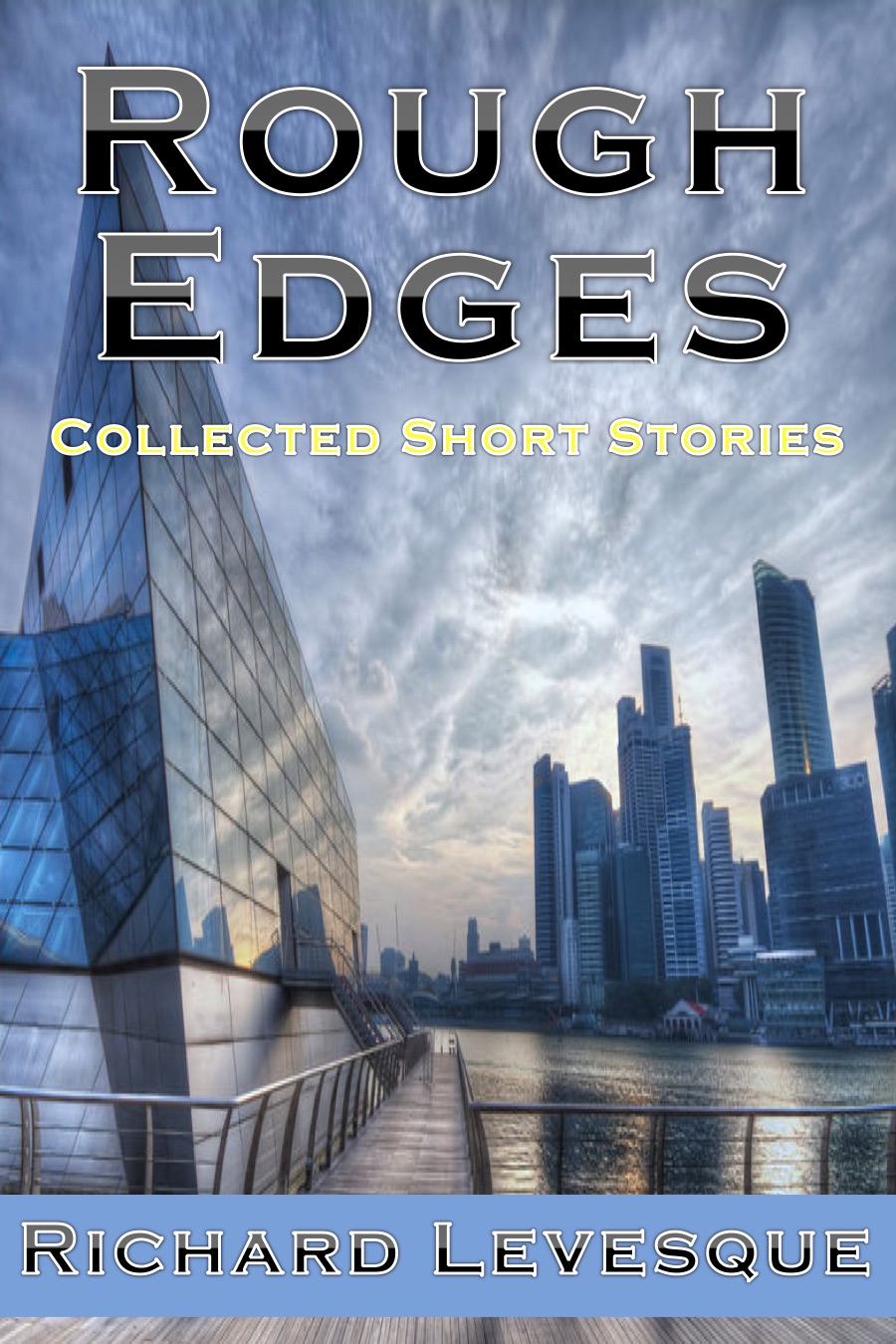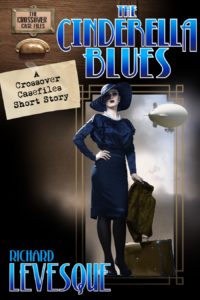Passion and Obsession, or Second-Guessing the Market: How a Writer Ought to Choose a Project
Last week, I had the good fortune to stumble onto Emma Donoghue being interviewed on Michael Silverblatt’s “Book Worms” show on KCRW. I’m generally not a reader of historical novels, but I’d seen a review of Donoghue’s latest book Frog Music: A Novel in a magazine a couple weeks back, and so I got sucked into the interview even before reminding myself that it’s good for me as a writer to peek at what people are doing in other genres.
I’m really glad I did. About twenty minutes into the show, Donoghue dropped this gem that I’ve tried to transcribe accurately:
“One thing that cheers me is that you can never tell what’s going to sell. You know, there’s no point sitting around worrying about, you know, which particular flavor of Young Adult Dystopia will be fashionable next year. Nobody knows. And my novel Slammerkin when I wrote it, my first historical one back in 2000, my publishers at the time dropped me on both sides of the Atlantic over that book. And then it got picked up by two other publishers and it sold far better than all of my books had until then. So then I thought: publishers have no idea, so I shouldn’t worry about what they want from me. I shouldn’t worry about what readers want because they don’t know yet. Mostly they want something new and different, and they want something that you bring to them with passion and with obsessive curiosity.”
This resonated intensely with me. As an indie novelist with two+ years, three novels, and two novellas under my belt, I’m still struggling to find the balance between following my passion and writing something that will sell well. I should add that money is not the end goal for me; I’m not in this to get rich or even to build enough of a career to be able to quit my day job. But I find myself feeling very hungry–if not desperate sometimes–to find an audience, to know that my books are out there being read by lots of people, that they’re competing well with other popular and respected works by People I’ve Heard Of.
When I’ve chosen book projects before, I always hoped they’d be books that would pull people in and make them want to turn pages feverishly until they got to the end and begged for more. But I haven’t tried engineering that kind of book. I wrote my first book Take Back Tomorrow because I had to. The book wouldn’t get out of my head.
The same was true of the books that followed: I get lots of ideas, and the books that end up written are the ones that demand it, the ones that won’t leave me alone until I’ve gotten them out of my head and into someone’s Kindle.
Some advice I’ve received in the past has been along the lines of, “Hey, this is trending right now. You should write something similar.” I’ve resisted, though. That method of choosing one’s projects doesn’t lead to guaranteed acceptance or readership. At best, trend following puts one’s work in the Also-Bought category; at worst, it makes one appear to be a hanger-on, a J.K. Rowling-come-lately, and so on. Donoghue is right: it doesn’t make sense to try to second guess the market. As I’ve written before, there were no doubt a few lucky writers whose vampire romance novels crossed agents’ desks the week Twilight started trending; those writers weren’t trying to follow a trend. They were probably hoping to start one, and they just happened to get lucky.

Edgar Rice Burroughs and Friend
I’ve also read a lot of other indie writers’ formulas for success. The prevailing wisdom is that having a series is the way to go. There’s nothing new about this. Serialized literature has been the way to go since Dickens, if not before. Edgar Rice Burroughs was a master at it, and he ended up with the whole city of Tarzana and enough TV, comic book, and movie empires to last his descendents through eternity.
A series, the argument goes, pulls readers in with the first book (often free) and keeps them coming back for more. You have a ten-book series? So much the better. 50 sales (or giveaways) of the first book can lead to 450 sales of the rest (assuming the first book is any good). Add word-of-mouth to the equation, and it gets even better as those first fifty readers spread news of your book like a virus, adding another ten potential sales with every person who starts the first book.
Sounds good to me. So why haven’t I done it?
Well, I’ve dipped my toes in the water. My Ace Stubble novellas are the first two in a series, but I’ve also found that novellas don’t sell nearly as well as novels. So I should expand them into full length books and write about six more.
Then there’s The Girl at the End of the World; I expect I’ll write a sequel or two to at least turn that into a trilogy. But not yet.
Why? The answer lies in Donoghue’s point about “passion and obsessive curiosity.” Right now I don’t feel passionate or obsessively curious about the sequel to Girl; I have rough ideas of where the next book will go. I also don’t feel curious or passionate about expanding or following up on the Ace Stubble books. Again, I have rough ideas that haven’t come together yet.
What am I passionate and curious about? Actually, I’m looking at going back to territory similar to what I explored in my first book–a science fiction novel set in early Hollywood, complete with aliens, corrupt starlets, and lots of shady characters. It’s a story I’ve wanted to write for years and it’s finally all clicked in my head.
So that’s what’s next. The sequels and series will have to wait.
Now, thanks to Emma Donoghue, I don’t feel like I’m making the wrong choice. I’m writing the book I need to write, which is what I’ve been trying to do all along.
Ace Stubble Book Worms Charles Dickens Edgar Rice Burroughs Emma Donoghue Frog Music J.K. Rowling KCRW Michael Silverblatt Slammerkin Take Back Tomorrow Tarzana The Girl at the End of the World Twilight









2 Responses
Interesting! I’m reading Frog Music right now.
I seem to be in a minority of readers who can’t stand books in a series. I’m just so impatient. There’s nothing that annoys me more than having to wait until the next book to find out what happens.
I’m glad to hear you say that. I’ve had a few reviews of my books that express gratitude for the fact that they actually have endings.
I waited until all the Harry Potter and Hunger Games books were out before delving into any of them. The same can’t be said for Game of Thrones, however. I tend to prefer stand-alones as a reader, partly for the reason you mentioned. Books that aren’t part of a bigger picture tend to be tighter, more meaningful. I think of series books more as guilty pleasures. I guess the exception might be with a recurring character (like Philip Marlowe) who has distinct, unrelated adventures.
Comments are closed.